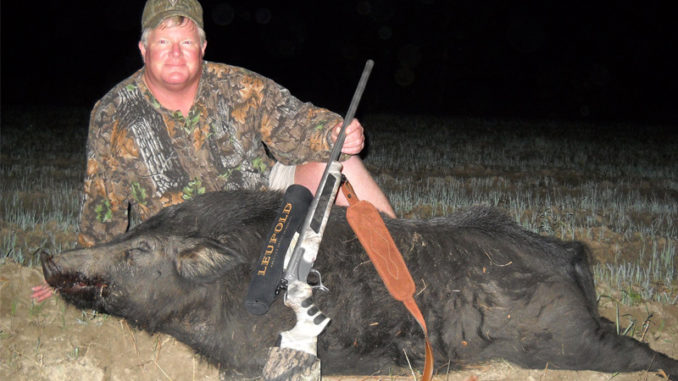
It’s hog-killing time!
This month is a great time for hog control in the Carolinas. Not only is February one of the coldest months, Mother Nature slides a little and provides very little natural forage for wildlife. Deer and other species are forced to eat unsavory foods during the worst possible conditions they’ll experience all year. It’s nature’s way of thinning out the weak and rewarding the strong.
For landowners who have issues with feral hogs, it’s a prime time to thin out a sounder, because hogs will be hovered around the best food sources. Fire up the pit; it’s hog-killing time!
Natural food sources are scarce in winter. The only agriculture fields are planted in winter wheat. Hogs will gravitate to these areas, but hunters ready to drastically reduce their hog damage can pile up the corn. Hogs are nomadic and will travel long distances to find a solid food source. When little natural food is available, an area baited with sweet, energy-rich corn will bring them in from miles around.
Make a night of it
Even though hogs are starving and want to eat corn 24/7, prolific daytime feeding will still be less common. Nevertheless, if hogs are going to feed at all during daylight hours, February would be the time. Otherwise, hunters need to bring their lighted scopes and shoot them at night for the best results at hog control in the Carolinas.
To cut down on the population a little more quickly, hogs should be trapped. The use of traps can take out a handful of hogs in one night. When using large traps, entire family groups can be trapped at the same time. For the greatest effect, both methods would be beneficial to make a dominant impact on their destructive impacts to the natural environment.

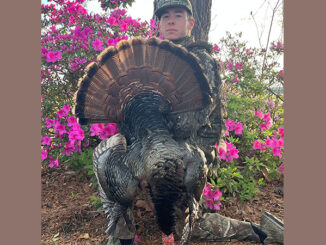
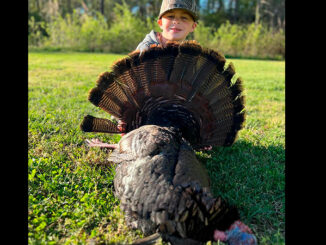
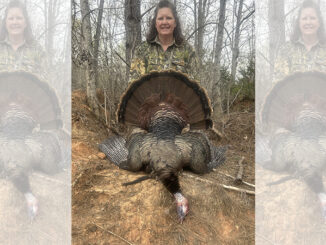
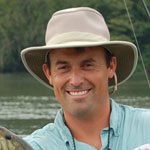
Be the first to comment